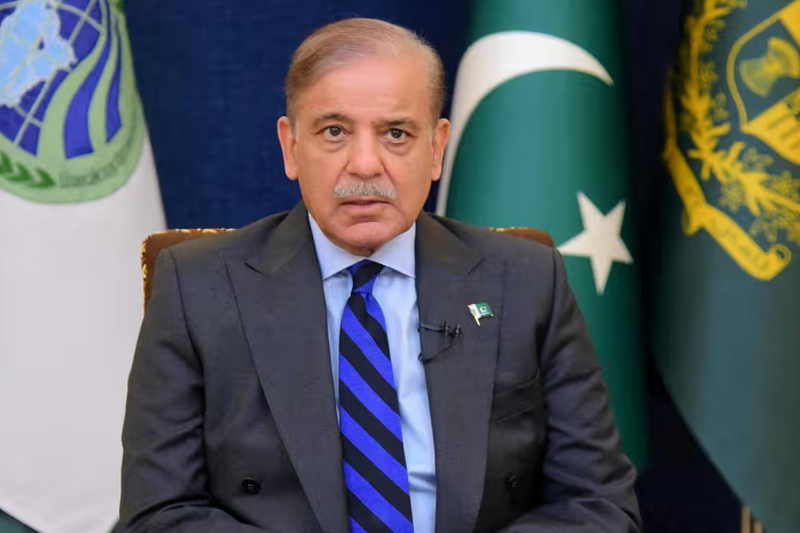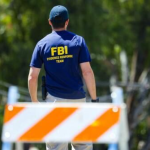
pakistan govt to grant extensive powers to military intelligence agency
The Pakistan government is facing criticism for introducing an amendment to a colonial-era secrets act that grants extensive powers to its military intelligence agency, Inter-Services Intelligence (ISI).
The amendment allows the ISI and Intelligence Bureau (IB) to search and detain citizens suspected of breaching the Official Secrets Act without a warrant and by using force if necessary.
The amendment broadly defines an “enemy” as anyone working for a foreign power or engaged with a group deemed prejudicial to Pakistan’s safety and interest.
Critics, including activists, politicians, and lawyers, argue that this amendment will further trample democracy and human rights in Pakistan.
They believe it will give impunity to intelligence agencies, formalize their oversized influence, and legitimize enforced disappearances, abductions, and torture, which have been long-accused actions of the military and security agencies.
The military and ISI already enjoy extensive unchecked power in Pakistan, but this amendment provides legal protection for their actions, which previously faced criticism and allegations of human rights abuses.
Previous attempts to make enforced disappearances and abductions illegal have been blocked by the powerful military establishment.
Keep Reading
Opposition senators and MPs are concerned that the amendment was passed without providing copies to parliamentarians, and they believe it undermines the role of the parliament and poses a danger to human liberty, dignity, fundamental rights, democracy, and free speech.
This move by the government comes at a time of severe economic and political turbulence, as the ruling government is due to hand over power to a caretaker government before elections.
The military has been cracking down on opposition leaders critical of its influence, including former Prime Minister Imran Khan.
The military’s actions against Khan’s party, Pakistan Tehreek-e-Insaf (PTI), have raised concerns about democratic values and human rights in the country.
Critics argue that this amendment is a significant step backward for democracy and human rights in Pakistan, as it institutionalized enforced disappearances and erodes hope for positive change.
This move by the Pakistani government is seen as a strategic attempt to grant more dictatorship power to the military and security establishment.
This kind of act has a history of suppressing the media and groups promoting democracy and human rights.









